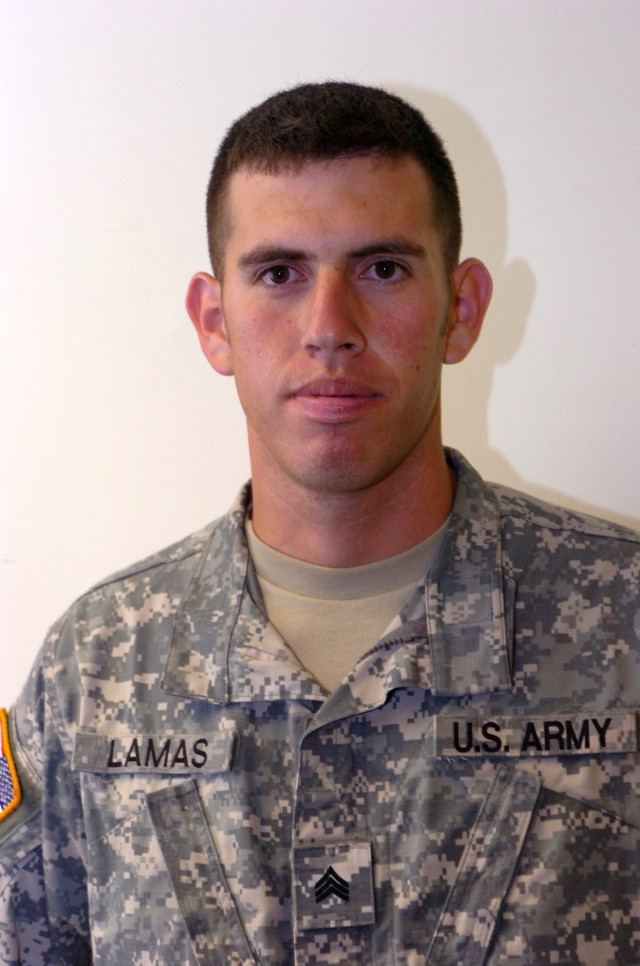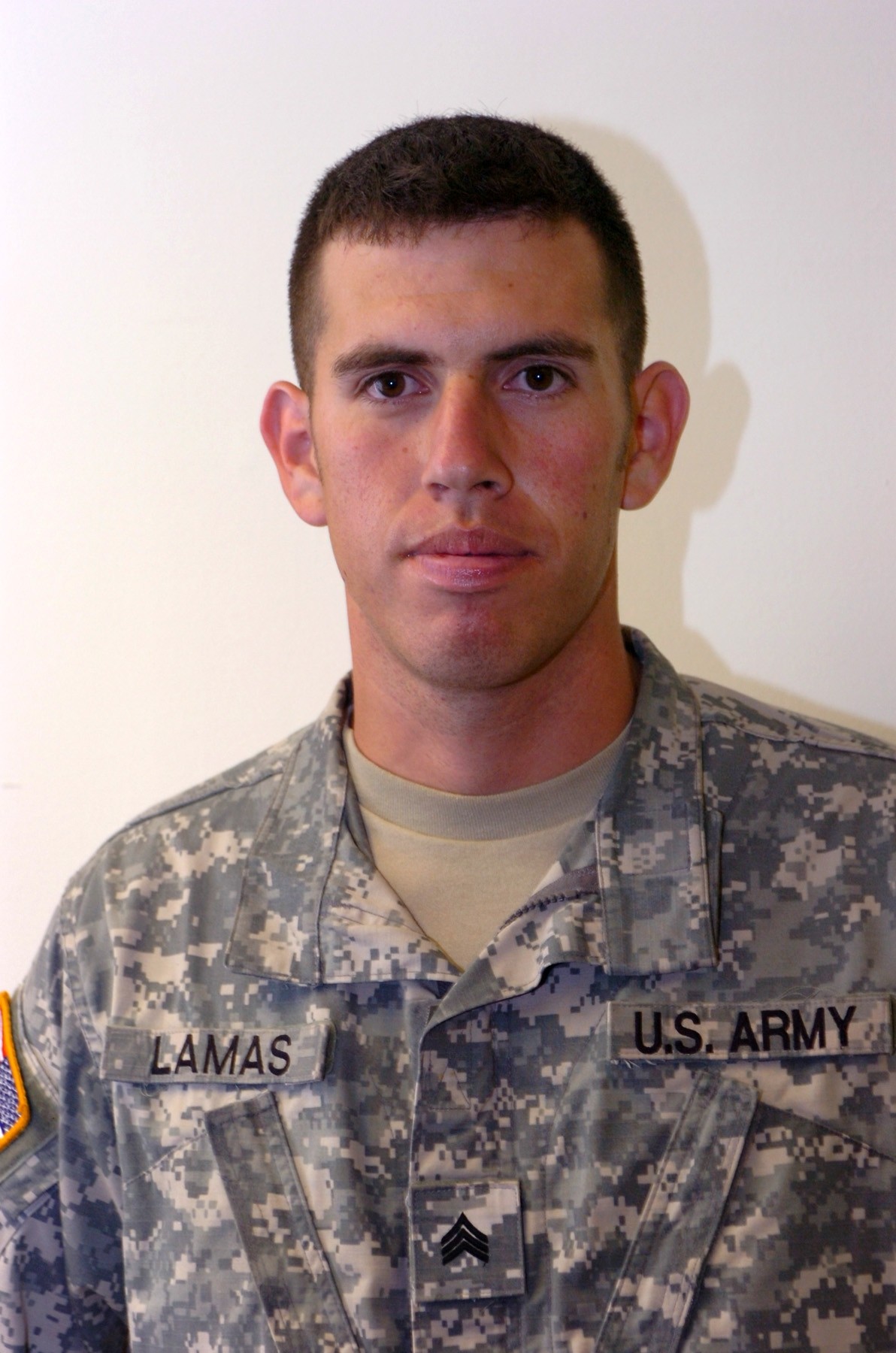When Sgt. Richard Lamas took a suicide prevention class at Fort Riley, Kan. he had no idea what he learned would save a fellow Soldier's life. "I never thought I'd use it," Lamas, a Soldier assigned to the 1st Brigade Combat Team, 1st Cavalry Division, said. But he did. A few months ago, Lamas arrived at work to see a friend and fellow 1st Cav. Div. Soldier exit Ironhorse Chapel. The Soldier approached Lamas' truck, smoking a cigarette and kind of "moping" around, Lamas said. He knew from the suicide prevention class to recognize some warning signs and indicators about suicide. "I knew (depressed people) pick the person they want to talk to," Lamas said. The two Soldiers chatted and, in the course of conversation, the Soldier confided in Lamas that he was waiting around to talk to the chaplain because he had thoughts of harming himself. The junior-enlisted Soldier recently had returned from 15 months in Iraq with 1st Cav. Div.'s 1st Brigade Combat Team. Lamas could relate to what the Soldier was experiencing. In his five years in the Army, the sergeant is looking forward to spending his first Thanksgiving and Christmas with his Family this year. He also is staring down the rapid approach of his third scheduled deployment to Iraq. Deployments and the horrors of combat, financial and relationship stressors all come at Soldiers from different angles. "A Soldier lives a double life. Soldiers have a combination of things coming at them left and right," Lamas said. "It's just how Soldiers take it in." Lamas said he knew the Soldier was counting on him for reasons to live. His training had taught him that he could not leave the Soldier alone. "I listened to him first," Lamas said. "I gathered and picked information to make a plan of action (to help)." The two talked about the people who would be affected if this young Soldier was to hurt himself. "It doesn't just affect him, it affects everyone around him," Lamas said. "I told him to think about his Family. This (suicide) is not the choice you want to make." When the battalion chaplain arrived at work, Lamas went with the Soldier and the three discussed the struggles the Soldier was facing. In the end, the next step was up to the Soldier whether to seek professional help or not. "It was his decision, not mine," Lamas said. Luckily, the troubled Soldier went to Carl R. Darnall Army Medical Center and was admitted for help. Although the two have had little to no contact since the incident, Lamas said the Soldier is in a better state. "He's doing better," Lamas said. For his efforts, Lamas was awarded the Army Achievement Medal.
Soldiers' stories of lives saved, lost: Lamas helps brother-in-arms
By Heather Graham Sentinel News EditorSeptember 5, 2008


Social Sharing